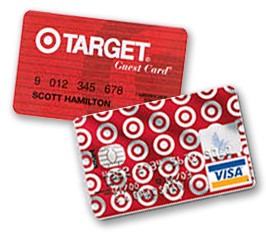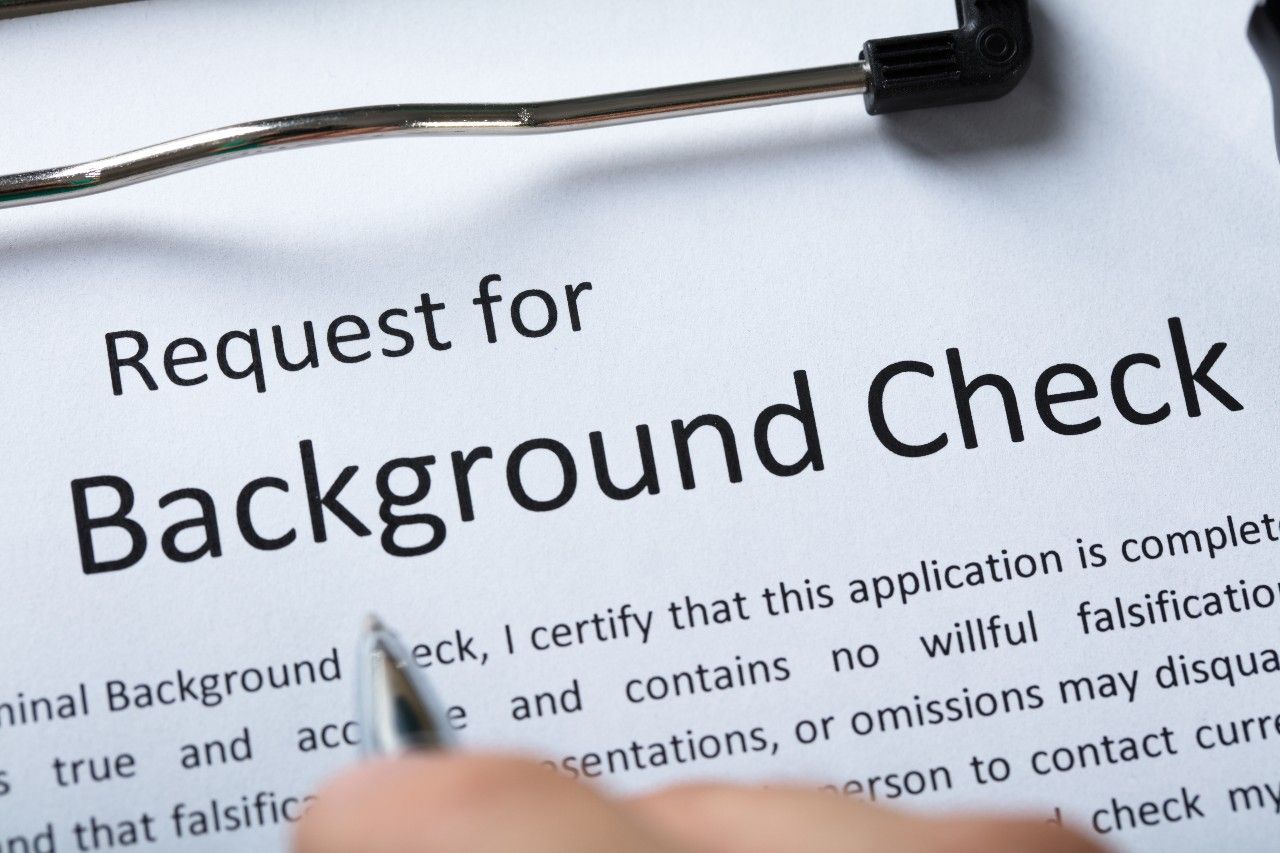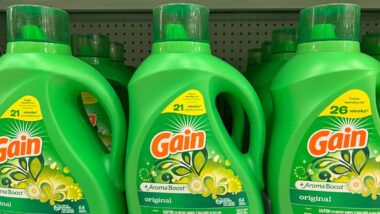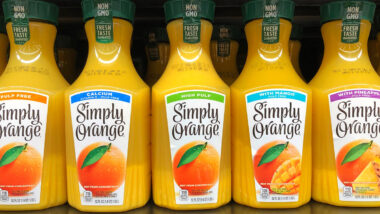 On Wednesday, the 7th U.S. Circuit Court of Appeals upheld the dismissal of a class action lawsuit that alleged Target Corp. sent millions of unsolicited credit cards to people with low credit scores in violation of the Truth In Lending Act (TILA), finding that the credit cards were actually upgrades to existing cards held by the customers.
On Wednesday, the 7th U.S. Circuit Court of Appeals upheld the dismissal of a class action lawsuit that alleged Target Corp. sent millions of unsolicited credit cards to people with low credit scores in violation of the Truth In Lending Act (TILA), finding that the credit cards were actually upgrades to existing cards held by the customers.
In 1994, Target began a Guest Card program that provides customers with store credit cards that can be used only to make purchases at Target. In 2000, the retailer introduced Target Visa Cards that can be used anywhere, but provide special benefits for Target customers.
The Target credit card lawsuit took issue with the retailer’s campaign to “upgrade” the Guest Cards to Target Visa cards, a process that lasted from 2000 until 2007. During this upgrade period, Target allegedly sent unsolicited Visas to more than 10 million Guest Card holders. The plaintiffs alleged Target sent the credit cards in violation of TILA, arguing that Congress has warned such offers are anti-competitive and increase the risk of identity theft.
The district court granted summary judgment in favor of Target, finding that the Visa upgrade program did not violate TILA because it was essentially a “substitution” of the Guest Card. The court found that Target did not defraud the Visa card recipients and denied the plaintiffs’ motion for class certification.
In October, plaintiffs Richard Acosta and Jenifer Roman urged the appellate court to revive the class action lawsuit, arguing that Congress prohibited companies from sending unsolicited credit cards unless there is a change in the company’s “well established” relationship with the consumer that would warrant a new card. The plaintiffs argued that the Target Visa cards did not fall under this exception because the “upgrades” occurred at times of Target’s choosing and were not related to any changes in a customer’s Guest Card Account.
The appellate court disagreed with the plaintiffs’ assertions, finding that the Target Visa card qualifies as a “substitution” under TILA, because the balance from the Guest Card would automatically be transferred to the Visa card upon activation. The court also disagreed with the plaintiffs’ claims that Target concealed the fact that consumers could keep their Guest Card if they wanted, finding that a cardholder could opt out of the upgrade by contacting Target directly.
The appellate court also noted that Target enlisted telemarketers to contact consumers who did not immediately activate their Visa cards, and informed them that they could keep the Guest Card if they chose to do so.
Further, the appellate court found that the Visa card was actually a significant upgrade to the Guest Card, and allowed existing cardholders to avoid filling out a standard application for the Visa card. In fact, the automatically upgraded Visa cards were given credit limits that ranged from $1,000 to $10,000, while new applicants could receive Visa cards with credit limits as low as $500.
The plaintiffs are represented by David J. Piell.
The Target Visa Card Class Action Lawsuit is Richard Acosta, et al. v. Target Corp., et al., Case No. 13-2706, in the U.S. Court of Appeals for the Seventh Circuit.
ATTORNEY ADVERTISING
Top Class Actions is a Proud Member of the American Bar Association
LEGAL INFORMATION IS NOT LEGAL ADVICE
Top Class Actions Legal Statement
©2008 – 2024 Top Class Actions® LLC
Various Trademarks held by their respective owners
This website is not intended for viewing or usage by European Union citizens.














